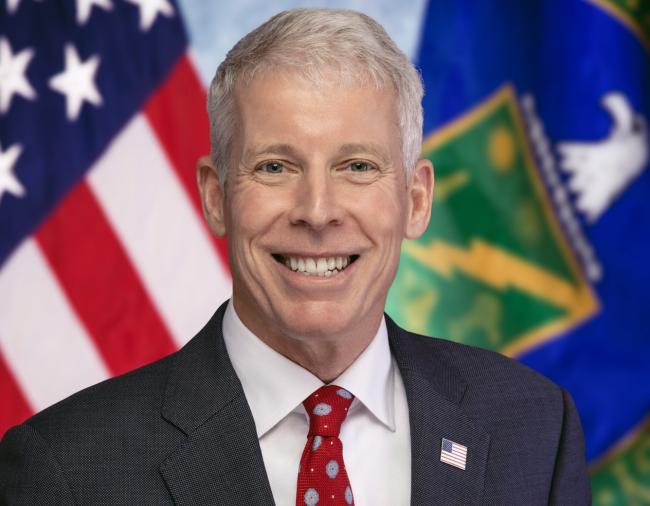Food Security in Times of Crisis: Connecting the Pacific and Europe

Practical information
More frequent climate disasters, rising sea levels, the economic fallout of Covid-19 lockdowns and the global impact of the war in Ukraine have aggravated the challenge of food insecurity for Pacific Island countries.

Between 50 – 70 percent of Pacific people depend on agriculture and fishing activities for their livelihoods. The Pacific is home to extensive crop biodiversity, and Pacific countries are developing unique value chains for markets and international supply. However, they also face unique challenges in realizing equitable benefits in the global food system. In addition, the Pacific need to tackle issues like malnutrition and non-communicable diseases. Urgent global and local action is needed to manage climate change and other risks and ensure resilient food systems.
Europeans, also confronted to the global food crisis, are actively working with their Pacific partners to find and fund solutions to address current and future risks by investing in local sustainable food systems. This roundtable, gathering experts, practitioners and decision-makers from Europe and Oceania will decipher the challenges of ensuring resilient food systems in the Pacific and will explore the opportunities to expand the cooperation with Europe.
This webinar will be held on Zoom, in English.
Programme
- Special message from Tearii Alpha, Minister of Green Economy and Domain, Government of French Polynesia
Panelists
- Alisi Tuqa, Food Systems Programme Lead, Pacific Community
- Isolina Boto, Head of Networks and Alliances, COLEACP
- Transform Aqorau, Chief Executive, iTuna Intel
- Patricia Valdenebro, Chief Executive, TCI Network – Global & Mirjana Prica, Chairperson, TCI Network - Oceania
Chair : Céline Pajon, Coordinator of the Programme on the Pacific Islands, Center for Asian Studies, Ifri
This webinar is organised in partnership with the Pacific Community.
Replay
Related Subjects
Other events

Conference with Chris Wright, Secretary, U.S. Department of Energy
EU-US Energy Relations in Times of Global Reshuffling
The United States aims for global energy dominance and leading in the global IA race, using all available and competitive energy resources, notably natural gas and nuclear.

EV Supply Chains for Japan and Europe: Strengthening Economic Security
Economic security aims to ensure the resilience of supply chains for key industries: the case of electric vehicle production in Japan and Europe will be discussed.






